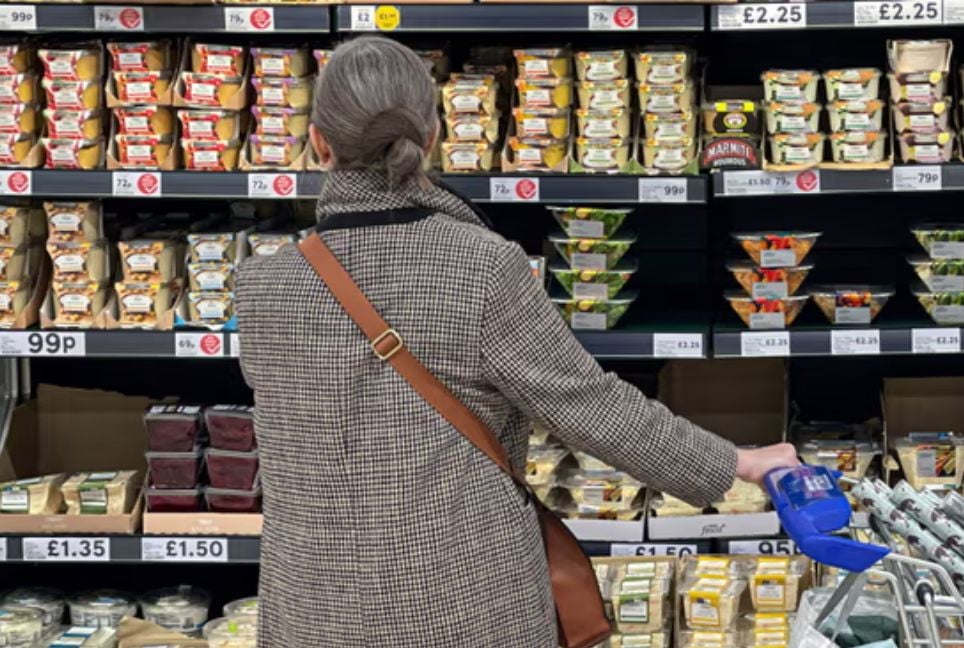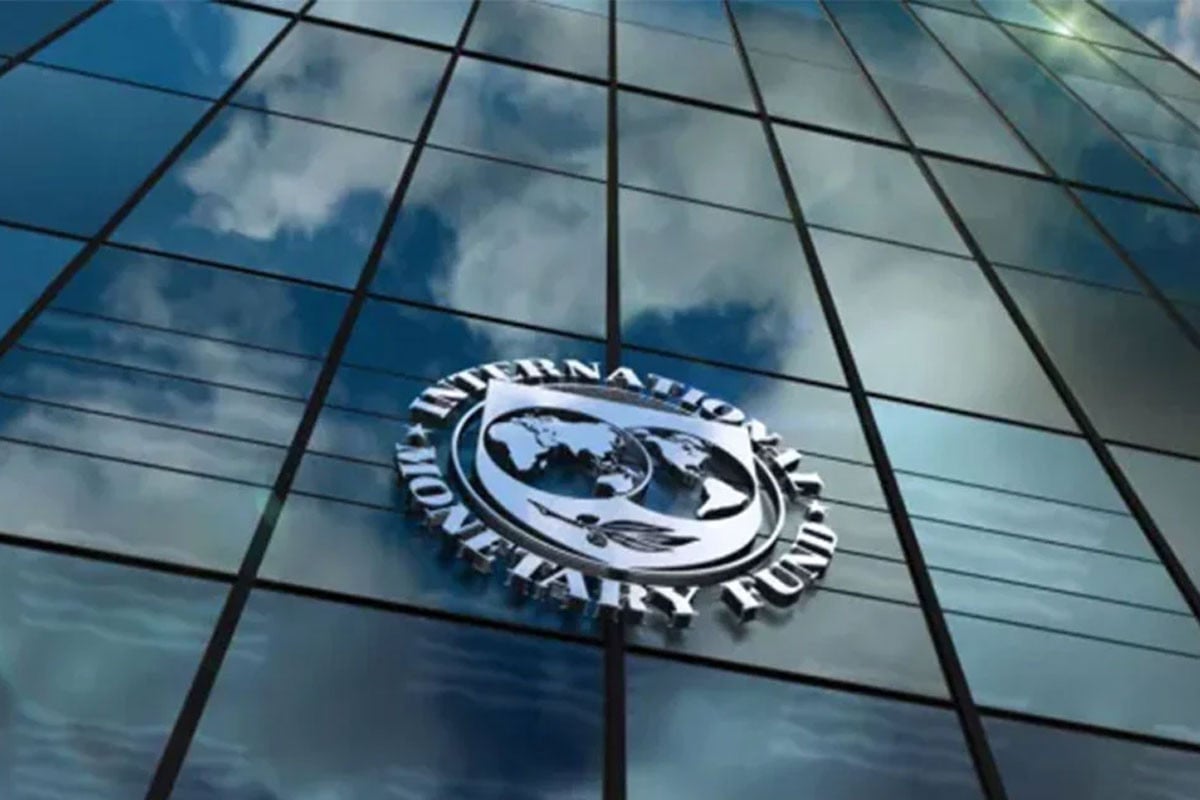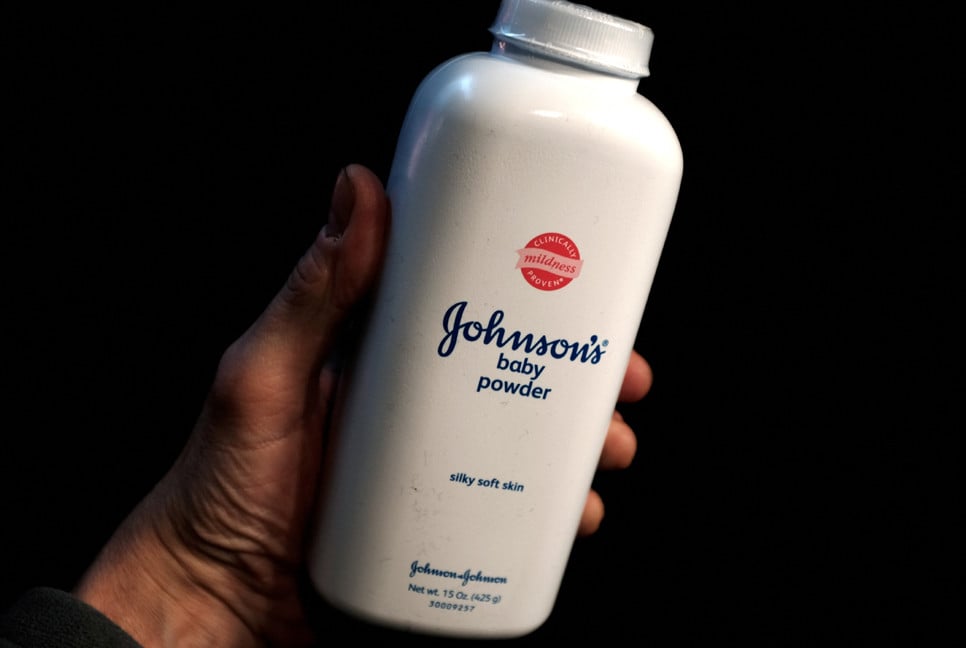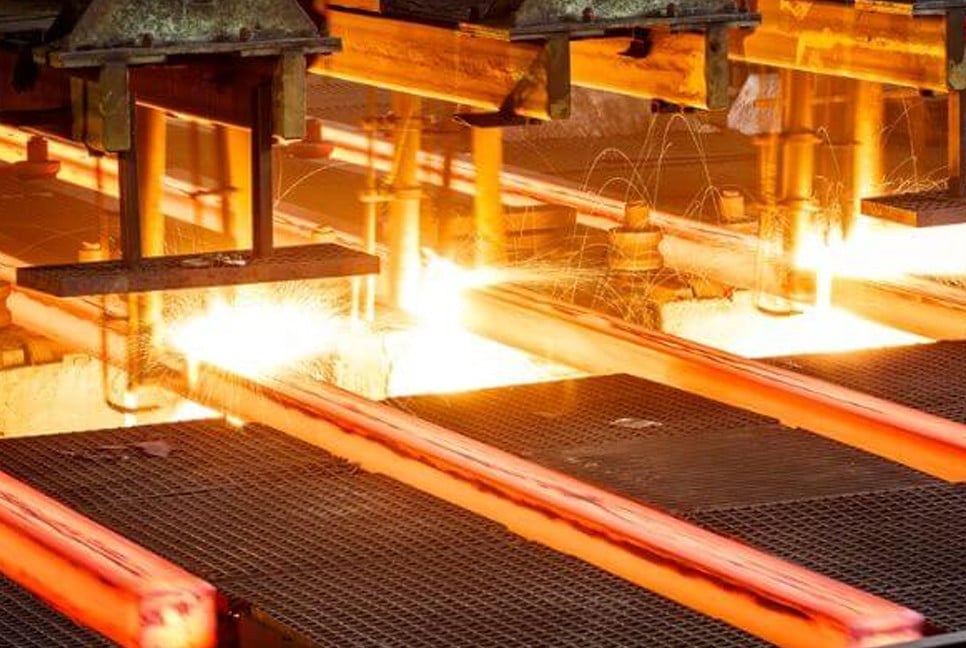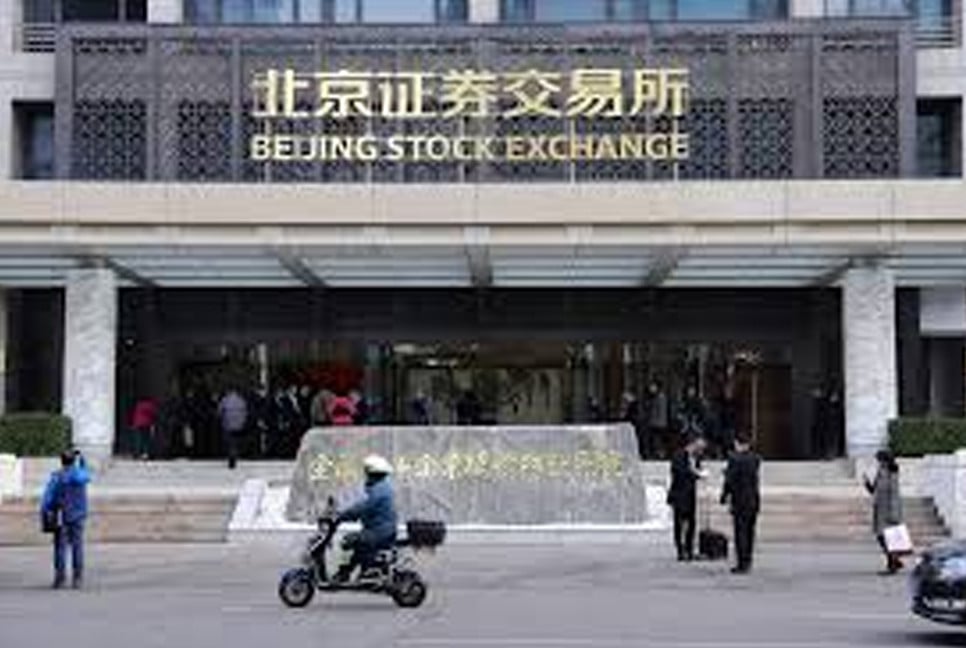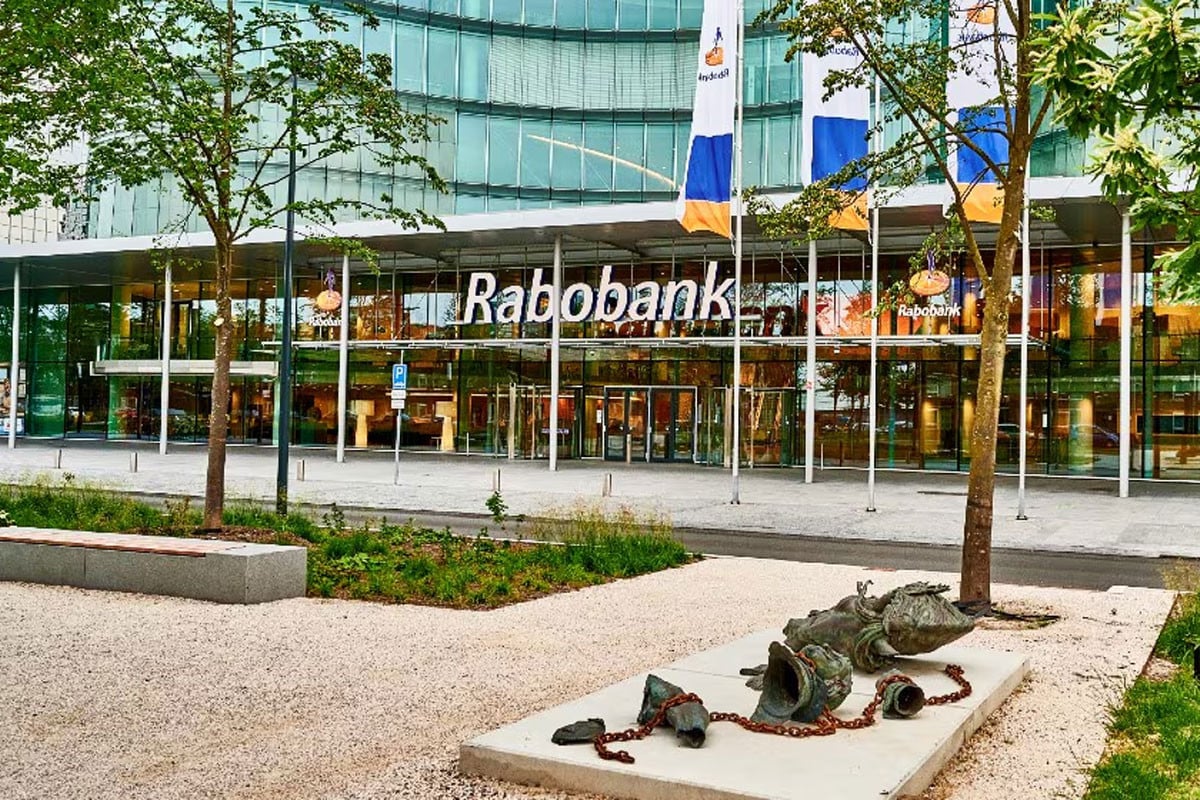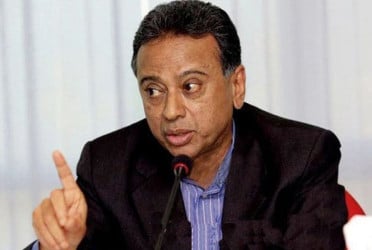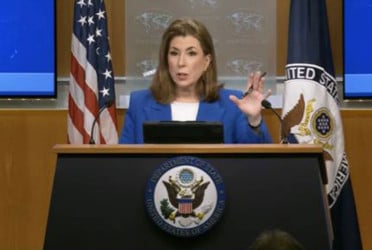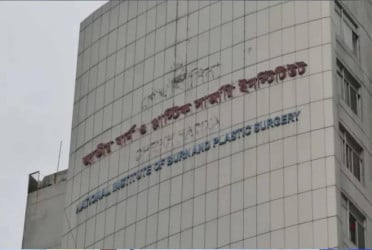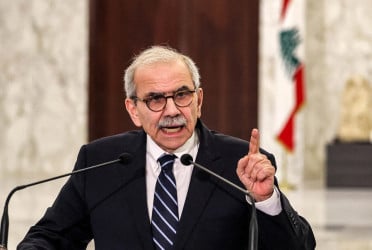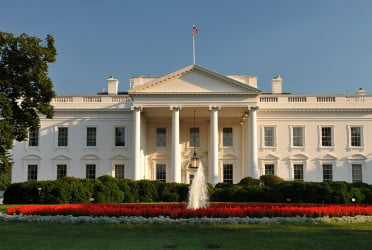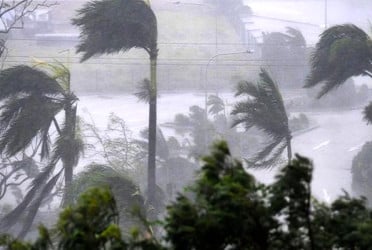UK inflation accelerated faster than expected at the start of this year, eating into workers’ wages and cutting the chance of an interest rate cut next month.
The consumer prices index (CPI) measure of inflation rose to 3 percent in January, the Office for National Statistics reported, up from 2.5 percent in December, reports The Guardian.
City economists had expected a smaller increase in January’s inflation rate, to 2.8 percent.
The ONS said a jump in the cost of meat, bread and cereals pushed up food bills, while a jump in private school fees after the government’s withdrawal of a VAT exemption pushed up the cost of education services.
Airline tickets fell in price, but not as much as usual, and combined with a rise in fuel costs, pushed up the rate of inflation in the transport sector to its highest level since February 2023.
Dean Butler, a director at the pension firm Phoenix Group, said: “With inflation rising to 3 percent in January, earlier expectations of a smooth ride towards a lower inflation, lower interest rate environment in 2025 have taken another hit.”
He said the rise in the inflation rate would deter the Bank of England from cutting rates more aggressively this year.
City investors slashed the chance of an interest rate cut in March to 17 percent, down from 24 percent before the inflation data was released, according to the latest money market prices.
However, the City still expects two more interest rates cuts this year, after the cut in Bank Rate this month to 4.5 percent.
Rachel Reeves said: “Getting more money in people’s pockets is my number one mission. Since the election we’ve seen year on year wages after inflation growing at their fastest rate – worth an extra £1,000 a year on average – but I know that millions of families are still struggling to make ends meet.”
Bank of England forecasters have predicted that inflation will rise to 3.7 percent later this year as energy prices and a series of utility bill increases add to business and household costs.
A rise in inflation will come as a blow to ministers, who were given a boost a month ago when the CPI dropped from 2.6 percent in November to 2.5 percent in December.
Earnings growth edged up to 6 percent including bonuses in December, giving workers a real-terms pay rise of 3.5 percent. However, pay rises are expected to track down this year while inflation increases, squeezing real disposable incomes.
Public sector workers, who only achieved a 4.7 percent increase in December compared with 6.2 percent in the private sector, are on course to be paid a 2.8 percent increase from April that could be well below the rate of inflation.
The British Chambers of Commerce said: “Today’s data underlines the inflationary pressures in the economy right now and the real challenges businesses are facing.
“Firms are having to deal with significant cost burdens which threaten to fuel inflation further. Within weeks they’ll be facing the hikes in national insurance contributions and the minimum wage.”
The National Institute of Economic and Social Research predicted that January’s leap in inflation was likely to be short-lived. “While today’s ONS data shows annual CPI inflation rising to 3.0 percent in January 2025, its highest level in 10 months, this elevated figure is only transitory – due to base effects – and is expected to fall again in the coming months.”
Bd-pratidin English/Fariha Nowshin Chinika

